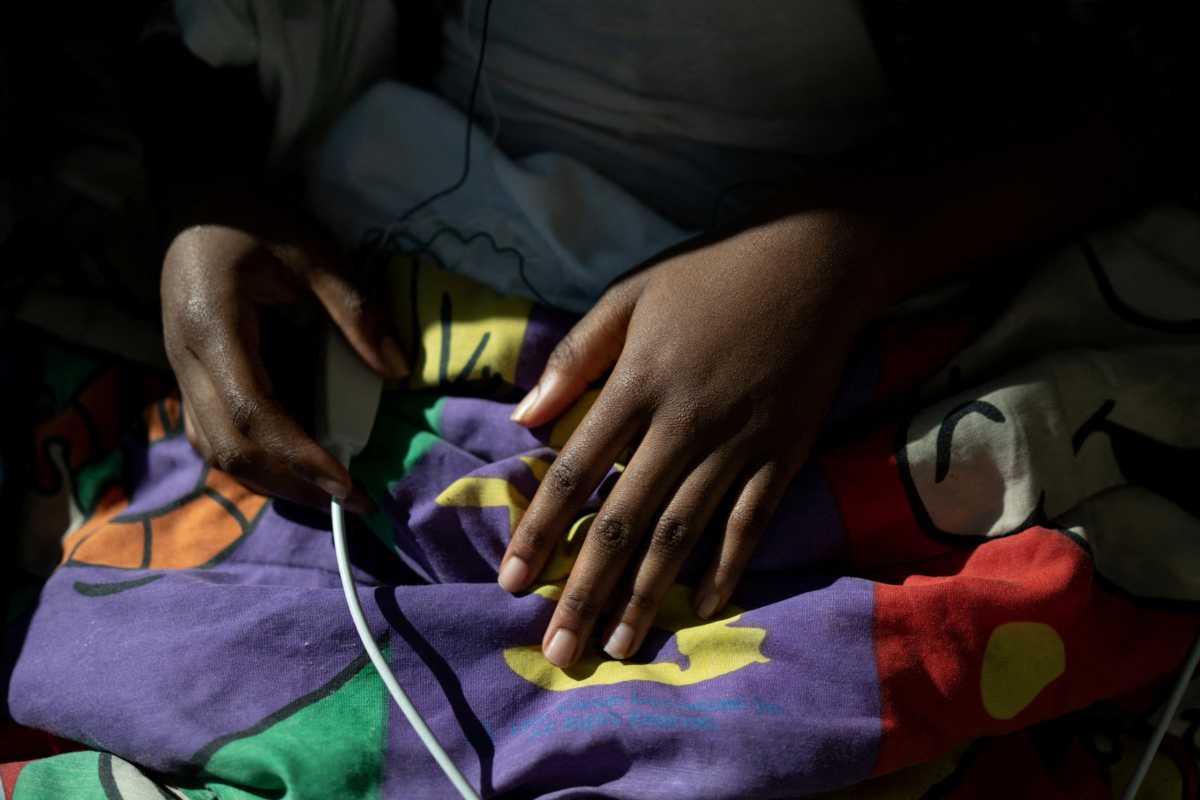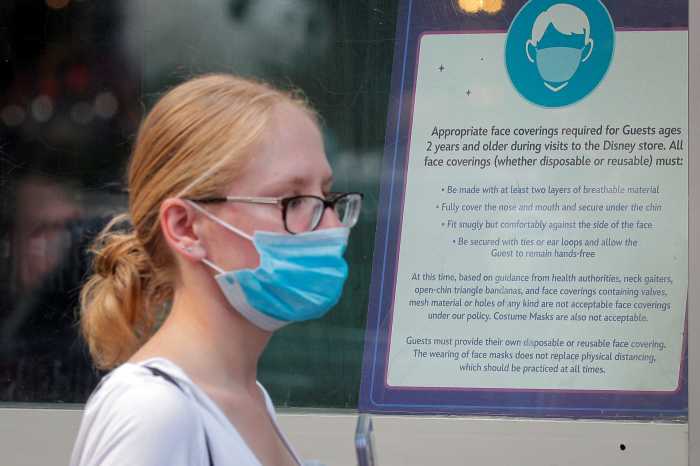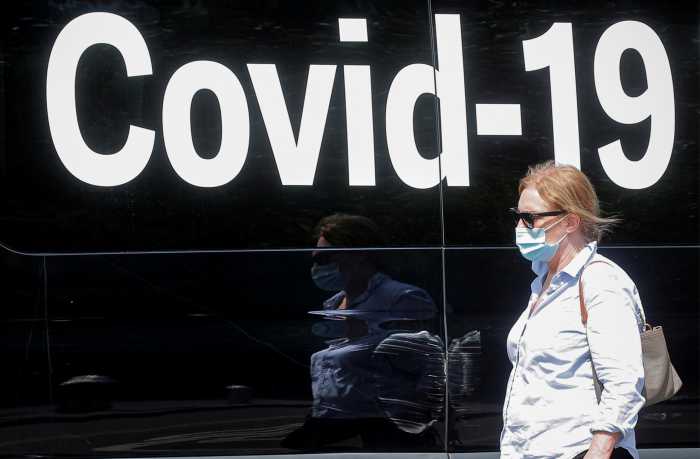People who had previously been infected with COVID-19 were better protected against the Delta variant than those who were vaccinated alone, suggesting that natural immunity was a more potent shield than vaccines against that variant, California and New York health officials reported on Wednesday.
Protection against Delta was highest, however, among people who were both vaccinated and had survived a previous COVID infection, and lowest among those who had never been infected or vaccinated, the study found.
Nevertheless, vaccination remains the safest strategy against COVID-19, according to the report published in U.S. Centers for Disease Control and Prevention Morbidity and Mortality Weekly Report.
The results do not apply to the Omicron variant of the virus, which now accounts for 99.5% of COVID-19 cases in the United States.
“The evidence in this report does not change our vaccination recommendations,” Dr. Ben Silk of the CDC and one of the study’s authors told a media briefing.
“We know that vaccination is still the safest way to protect yourself against COVID-19,” he said.
For the study, health officials in California and New York gathered data from May through November, which included the period when the Delta variant was dominant.
It showed that people who survived a previous infection had lower rates of COVID-19 than people who were vaccinated alone.
That represented a change from the period when the Alpha variant was dominant, Silk told the briefing.
“Before the Delta variant, COVID-19 vaccination resulted in better protection against a subsequent infection than surviving a previous infection,” he said.
In the summer and fall of 2021, however, when Delta became the predominant circulating iteration of the virus in the United States, “surviving a previous infection now provided greater protection against the subsequent infection than vaccination,” he said.
But acquiring immunity through natural infection carries significant risks. According to the study, by November 30, 2021, roughly 130,781 residents of California and New York had died from COVID-19.
The analysis did not include information on the severity of initial infection, nor does it account for the full range of illness caused by prior infection.
One important limitation to the study was that it ended before administration of vaccine booster doses was widespread.
Dr. Erica Pan, state epidemiologist for the California Department of Public Health, said in an email that the study “clearly shows” that vaccines provide the safest protection against COVID-19 and they offer added protection for those with prior infections.
“Outside of this study, recent data on the highly contagious Omicron variant shows that getting a booster provides significant additional protection against infection, hospitalization and death,” Pan said.
Silk said the CDC is studying the impact of vaccination, boosters and prior infection during the Omicron surge and expects to issue further reports when that data becomes available.



























